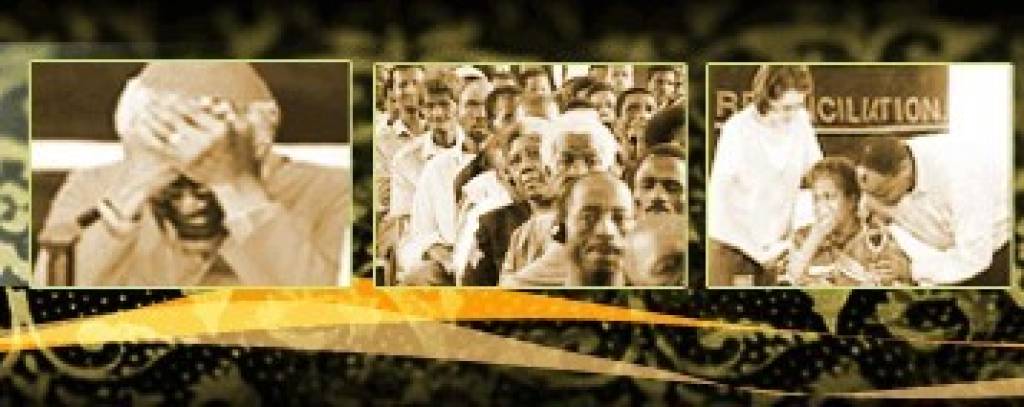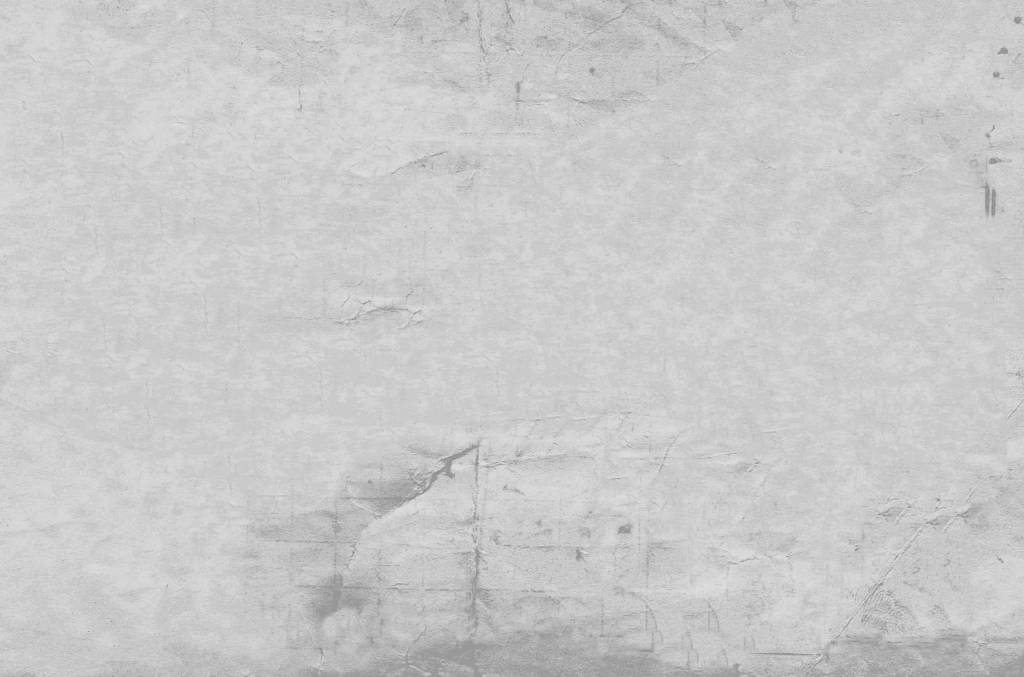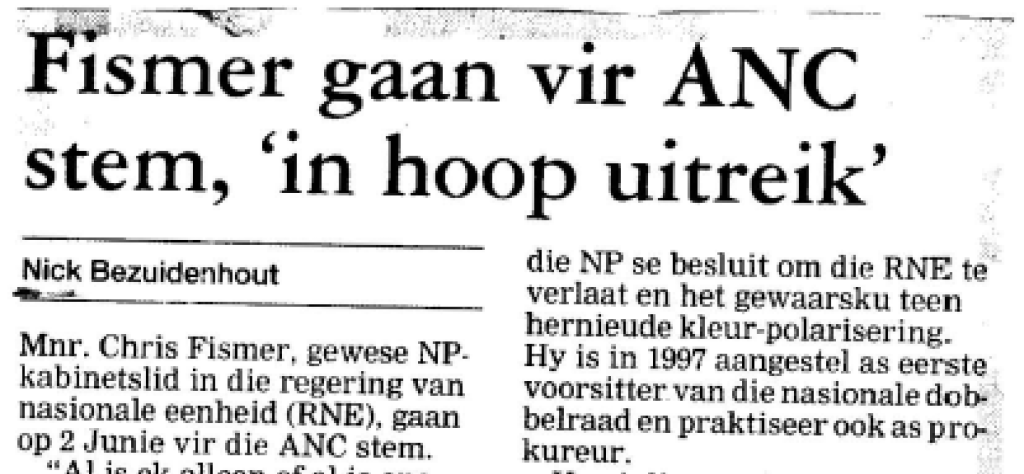Despite the party differences, which affected leaders more than their ministers, for most of the time the Government of National Unity succeeded in getting the different parties working together.
When De Klerk led the National Party out of the Government of National Unity in July 1996 it divided his ministers. In public comments immediately after the withdrawal and in a parliamentary debate some weeks later Mandela acknowledged the contribution made by some of the National Party leaders who had not only played constructive roles in the transition, but in doing so had broken with the past to an extent that their party, and consequently its leader, had not done so. With the withdrawal of their party from the Government of National Unity a number these ministers, moved, immediately or in time, to activities more in keeping with service to the nation as a whole.
What concerns me personally is the departure from public life of outstanding personalities such as Roelof ‘Pik’ Botha, Leon Wessels and Chris Fismer - leaders who worked hard and played a critical role in building national unity and preventing the revival of racism both within parties and in communities where they work.
We regret their departure from cabinet and parliament, and hope that they will continue to be of service to the nation.181

He also paid tribute to Kobie Coetzee, president of the Senate. Leon Wessels had been the deputy chair of the Constitutional Assembly which produced the final constitution. Subsequently Wessels, who had been deputy minister of law and order in the apartheid government in 1988, made a rare acknowledgement when testifying to the Truth and Reconciliation Commission. Asked whether he knew of illegal actions perpetrated by the security forces, he said: ‘I do not believe the political defence of “I did not know” is available to me because in many respects I believe I did not want to know’.182 In 1999 he was appointed to the South African Human Rights Commission.
Before Mandela appointed Botha as minister of mineral and energy affairs in 1994 he had been minister of foreign affairs in the apartheid government for fifteen years.

I really believe that we made valuable and positive contributions there and I can't recall, with one or two minor exceptions, that in the Cabinet we ever had a downright split on party political lines on major issues. It was gratifying, it was a pleasant experience to debate the budget, to see how even ANC members differ from one another and how we as NP members often differ from one another. I thought it was working well, it was working well.183

in parliament on the other hand … you had very spirited debates with a measure of animosity and acrimonious exchanges
Chris Fismer had been part of the National Party’s negotiating team, and FW De Klerk’s parliamentary and political assistant. In the Government of National Unity he was first deputy minister of justice and then minister of general affairs.184
For IFP leaders, too, helping drive the transition through negotiations and the Government of National Unity, brought change along paths that at times diverged from their party and its leader.
Sipho Mzimela was minister of correctional services from 1994 until 1998 when Buthelezi asked Mandela to remove him from his post. He had been an ANC member until he went into exile in the 1960s. When he returned in 1990 he was aligned with the IFP and represented the party in negotiating the interim constitution. His removal from his ministerial post and subsequent expulsion from the IFP was understood to be a consequence among other things of his advocating a merger of the IFP and ANC.
Ngubane had also been involved in the negotiations process. He was appointed minister of arts, culture and technology as one of the IFP members of the Government of National Unity from 1994 until 1997 when the IFP made him premier of KwaZulu-Natal. President Thabo Mbeki appointed him as minister of arts and culture in 1999.
